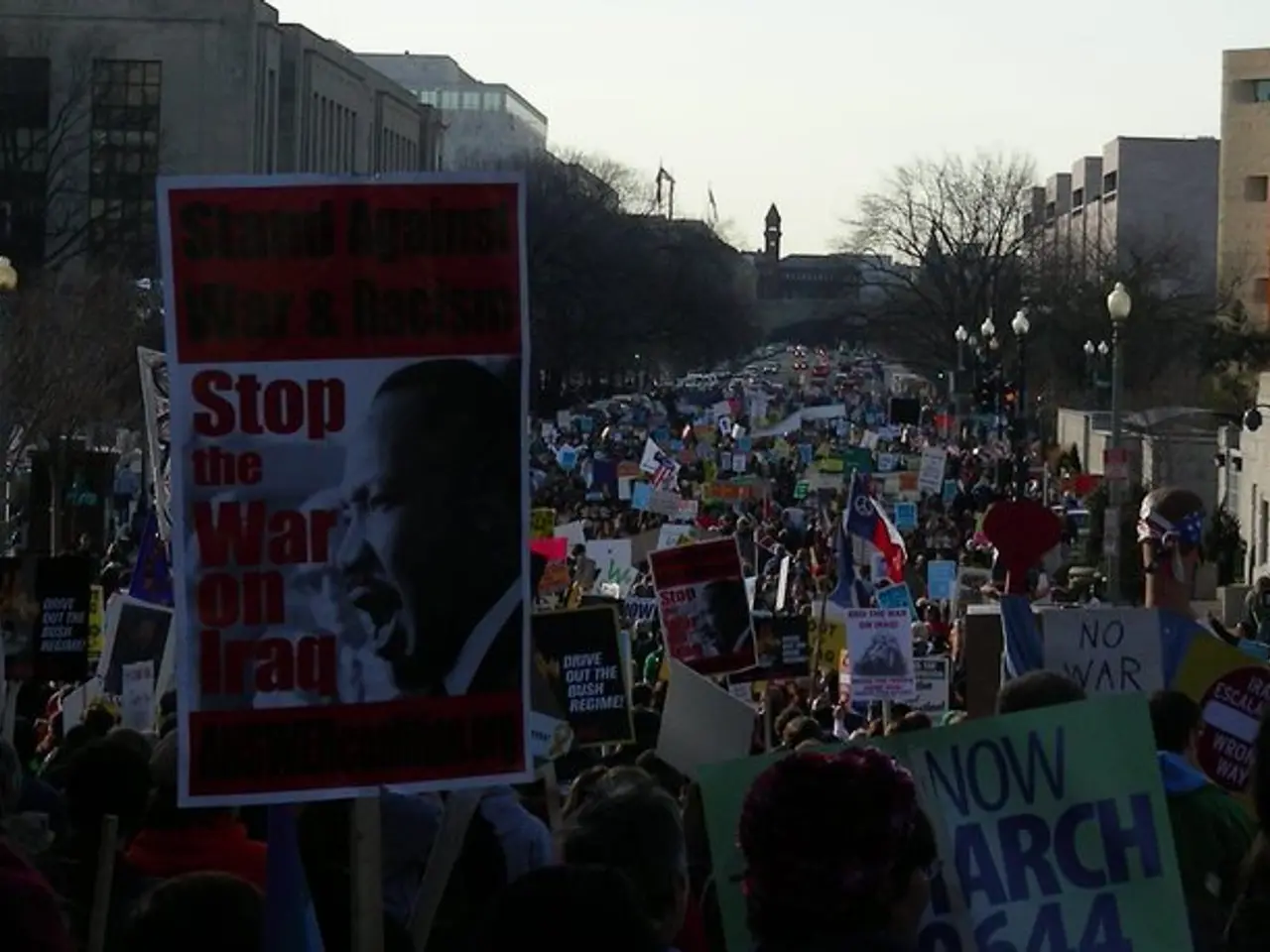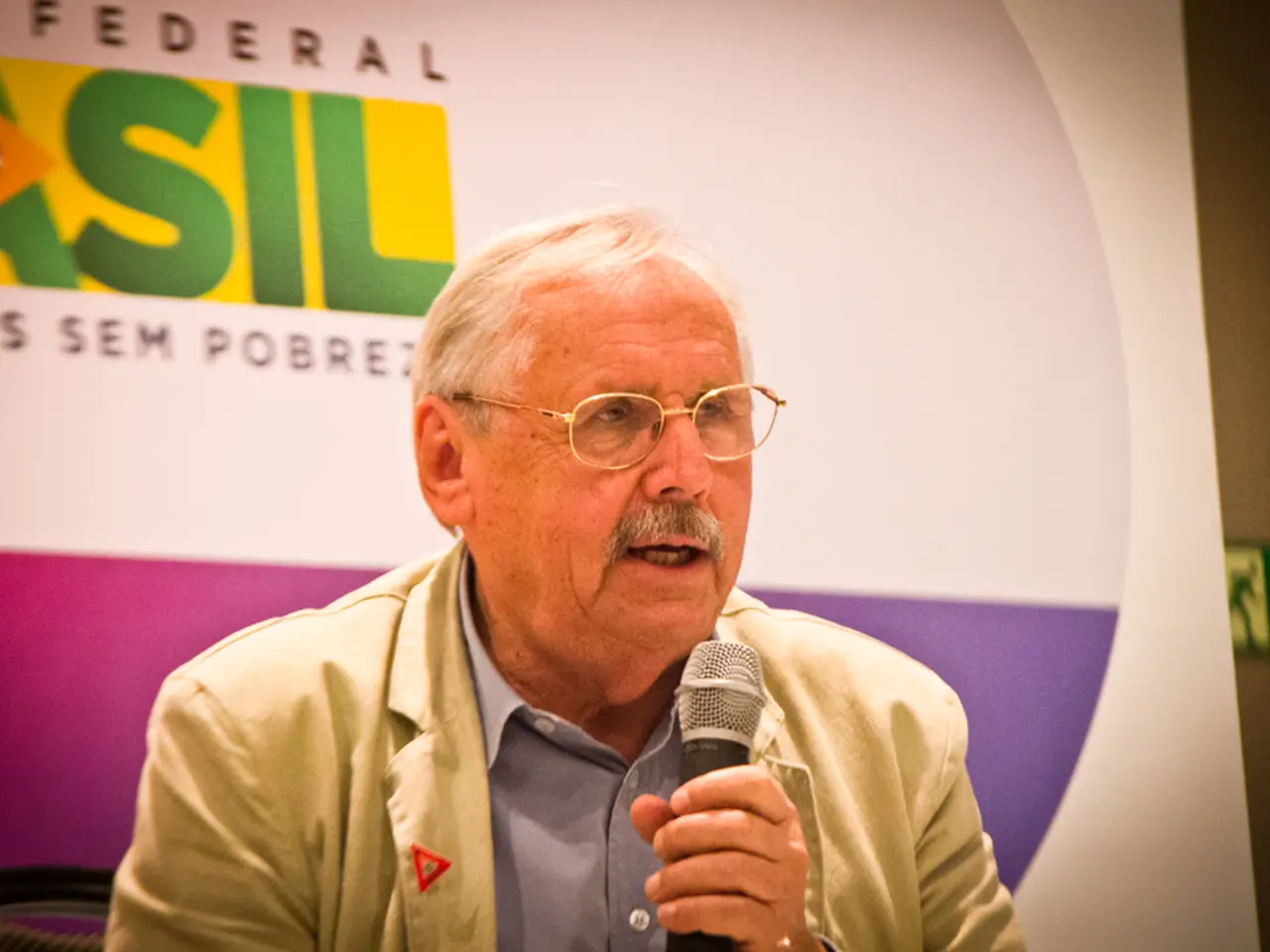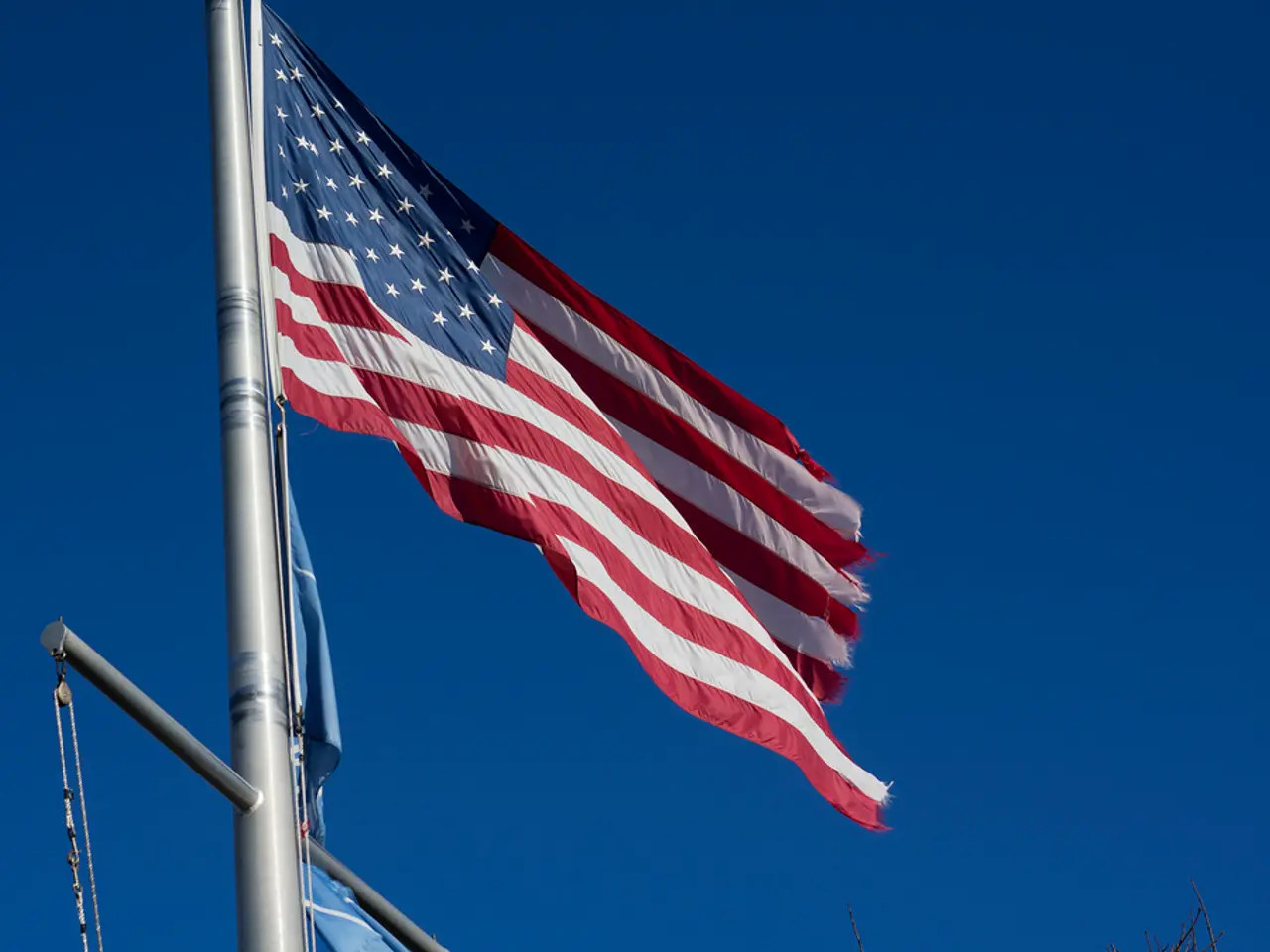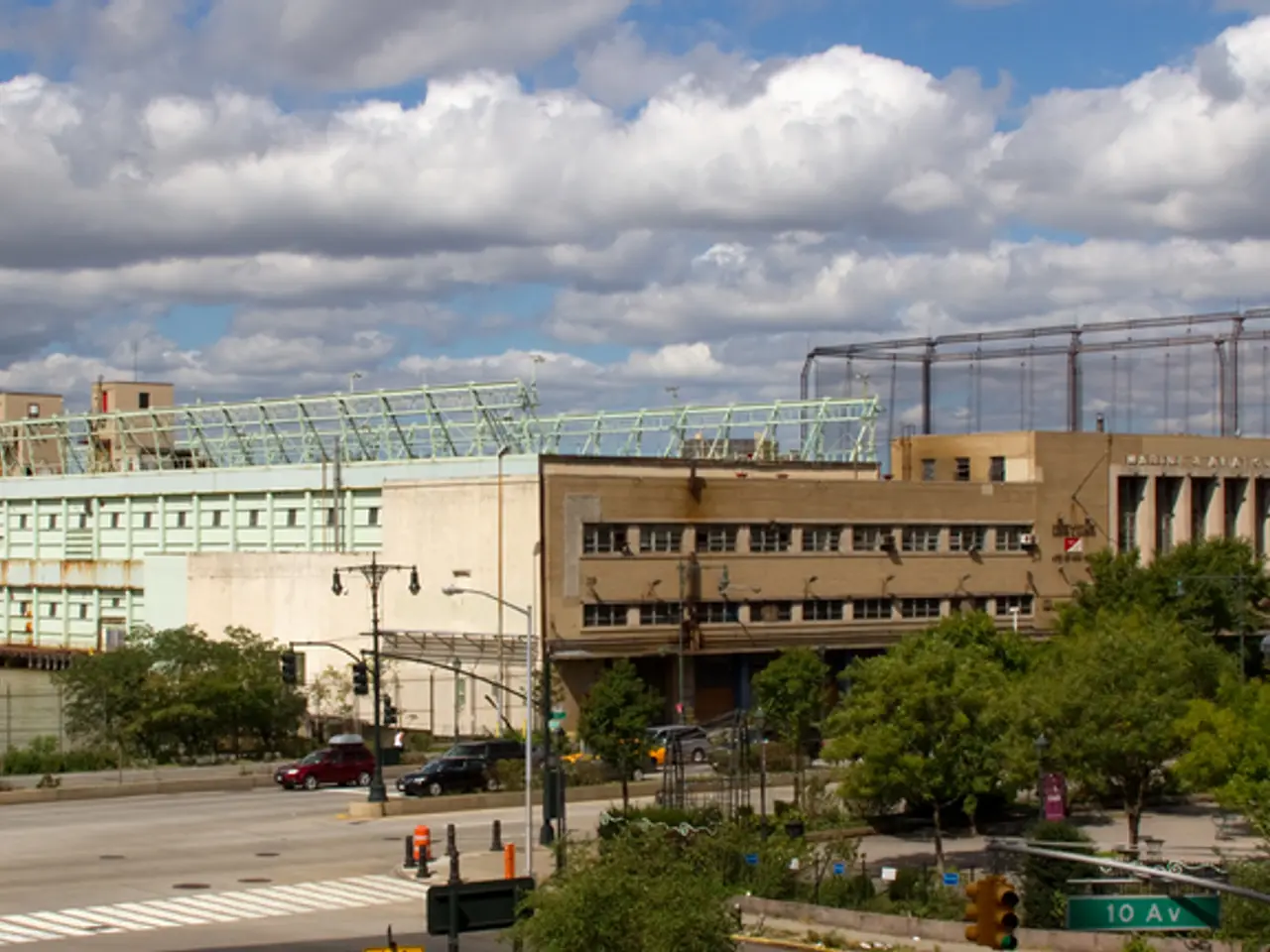Decreased Confidence in Zelenskyy Following Reversal of Law Sparking Anti-Corruption Demonstrations
In a swift turnaround, Ukrainian President Volodymyr Zelenskyy has reversed course on a contentious anti-corruption law that initially sparked widespread protests and raised concerns about the independence of the country's anti-corruption bodies.
The law, which gave the prosecutor general control over the National Anti-Corruption Bureau (NABU) and the Specialized Anti-Corruption Prosecutor's Office (SAPO), was widely perceived as undermining these institutions, which had been seen as symbolic of democratic progress and the fight against corruption.
The move was met with strong backlash from protesters, civil society, Ukraine's western partners, and even members of Zelenskyy's own party. Critics argued that the consolidation of the president's authority would undermine the country's democratic institutions and the checks and balances necessary for transparency.
However, in response to the public outcry, Zelenskyy quickly submitted new legislation aimed at restoring the independence of NABU and SAPO. This move was welcomed by the anti-corruption agencies themselves and was seen as an attempt by Zelenskyy to regain public trust and reassure supporters that anti-corruption reforms would continue.
The controversy surrounding the law raised doubts among Ukraine's European allies about support for Kyiv and Ukraine's bid to join the EU. British Prime Minister Keir Starmer and German Foreign Minister Johann Wadephul commended Zelenskyy for reversing the decision on the law.
Zelenskyy acknowledged a lack of communication regarding the controversial law, and the swift turnaround in reversing the decision was seen as a positive and necessary step toward regaining lost trust by Zelenskyy's allies.
The initial decision to sign the proposal hurt Zelenskyy's standing among Ukrainians, loyal lawmakers, and Western allies. About two-thirds of Ukrainians approve of the way Zelenskyy is handling his job as president, down from 84% in 2022.
The protests against Zelenskyy were among the largest in years, drawing thousands of demonstrators and reflecting widespread public demand for transparency and accountability. Andriy Yermak, the head of Zelenskyy's presidential office, is seen as having too much power, according to activists and Ukrainian and Western officials.
Notably, Oleksii Chernyshov, a close ally of Zelenskyy, was formally named a suspect in a high-profile land-grab case, and later announced as the sixth suspect in a large corruption scheme led by a Kyiv property developer. Tetiana Shevchuk, a board member of the Ukrainian nonprofit Anti-Corruption Action Center, stated that the president's fast-tracking of the law had damaged his previous level of trust.
Despite the controversy, U.S. President Donald Trump has remained silent about the Ukrainian corruption law. Parliament passed another bill restoring the independence of the National Anti-Corruption Bureau and the Specialized Anti-Corruption Prosecutor's Office.
The episode serves as a reminder of the sensitivity of anti-corruption issues in Ukraine and the importance of these institutions to the public's perception of government transparency and justice.
- The controversies surrounding the government's policy-and-legislation on anti-corruption, specifically the law granting the Prosecutor General control over NABU and SAPO, have raised concerns within politics, general-news, and among Ukraine's European allies about the independence of these institutions.
- In Seattle and across the globe, business leaders and civil societies have expressed their opinion that consolidating the president's authority, as proposed in the contentious law, could undermine democratic institutions and checks and balances, hindering transparency.
- In light of the recent events and public outcry, it is important for commitments to anti-corruption policies to remain at the forefront of the government's focus, especially in the face of political maneuvers that may risk public trust and the strides made in the fight against corruption.







